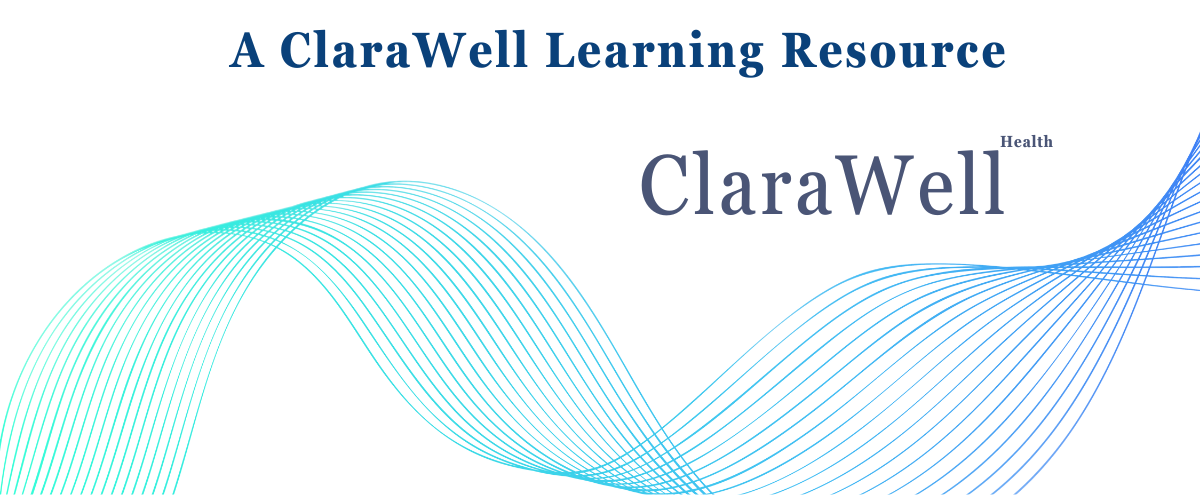Learn with ClaraWell
Living with ADHD

Living With ADHD:
Daily Realities, Strengths & Strategies
What’s It Like Living With ADHD?
ADHD doesn’t go away when the school bell rings or after childhood ends. It affects routines, relationships, energy levels, and even how you feel about yourself. This page explores what it really means to live with ADHD-and how people learn to thrive with the right tools and understanding.
🌱 ADHD Affects Daily Life
From forgotten appointments to late-night bursts of focus, ADHD can shape your day in unpredictable ways. Many adults with ADHD describe their routines as chaotic, overwhelming, or just exhausting.
Living with ADHD often means dealing with:
- Difficulty managing time or tasks
- Struggles with motivation, especially on mundane chores
- Relationship misunderstandings or conflict
- Fatigue from constant mental effort
But ADHD also brings strengths, like creativity, intuition, and hyperfocus-when these traits are recognized and supported.
💬 Emotional & Social Struggles
People with ADHD often experience more emotional ups and downs. You might feel things more intensely, respond quickly to frustration, or feel misunderstood in social situations. Many adults carry years of shame or guilt about their struggles, especially if they weren’t diagnosed until later in life.
Working on emotional regulation is just as important as managing focus. Support from therapy, support groups, or ADHD-informed resources can make a big difference.
🧭 Finding Balance With Work, Home & Life
Managing ADHD in adulthood often means juggling multiple roles, at work, at home, or in relationships. You might find certain tasks draining, while others give you bursts of focus and motivation.
Practical tools like planners, visual cues, reminders, and time blocking techniques can help. So can discussing accommodations at work or school when appropriate. You can explore more in our treatment options section.
🧡 Living With ADHD Means Being Kind to Yourself
ADHD isn’t your fault. It’s a brain-based condition, and living with it means learning to support yourself rather than constantly push harder. Self-compassion, better systems, and the right tools can help you feel more in control.
If you’re feeling discouraged or overwhelmed, know that many people with ADHD build lives that feel not just manageable, but extremely fulfilling.
You're not alone in figuring it out, many people with ADHD have stories to share. Visit CHADD’s Living Well With ADHD page for real-life strategies and supportive experiences from others who’ve been there.
🔍 Need Help Navigating ADHD?
ClaraWell™ is here to help. Our tools are simple, science-informed, and designed to help you make sense of what you're experiencing, so you can move forward with more clarity and confidence.
Not sure where to start? ClaraWell™ can walk you through a free ADHD screener and help you learn what your brain might need.
Take the ADHD Risk Screener